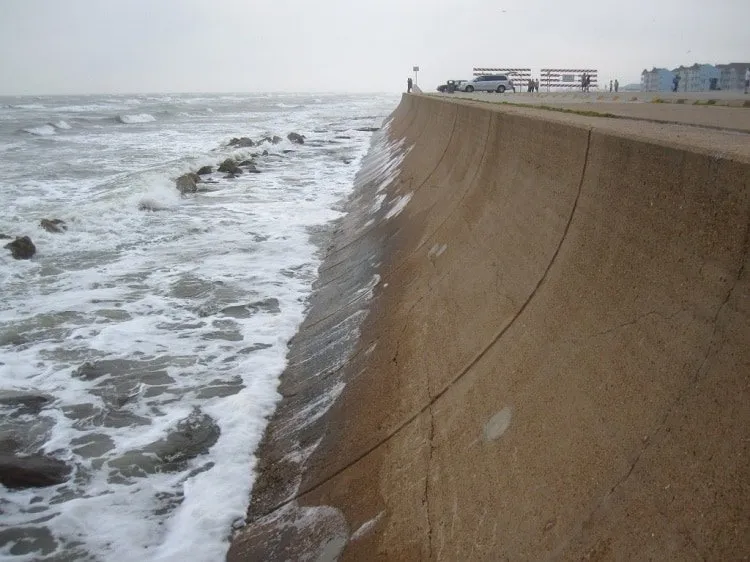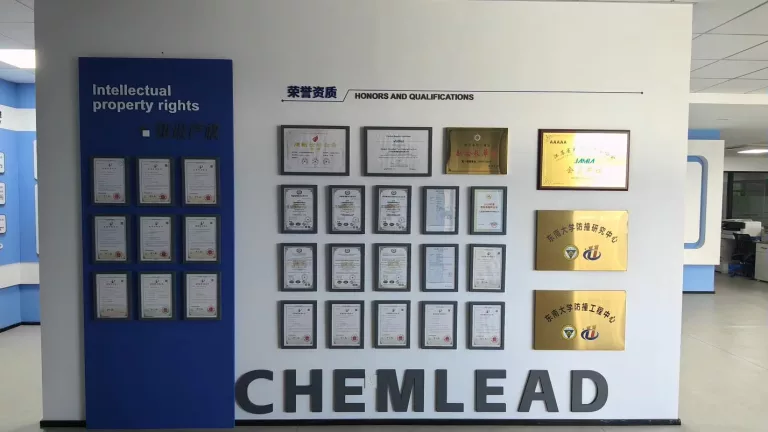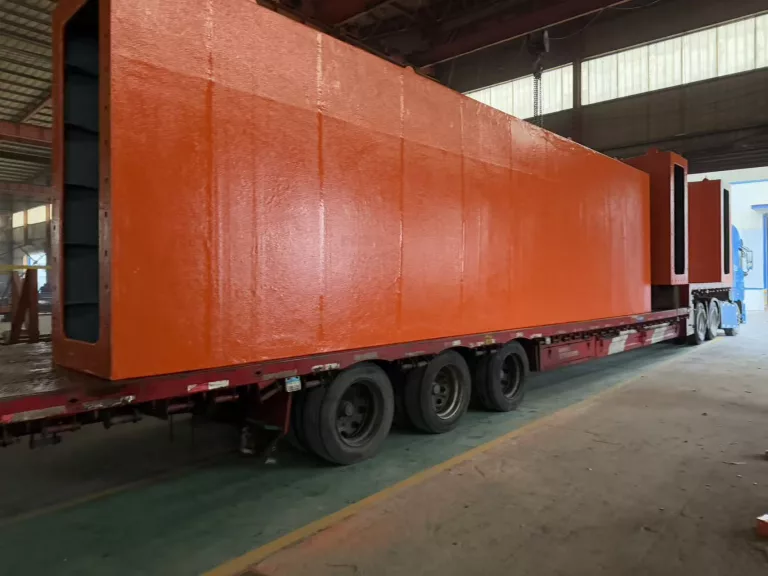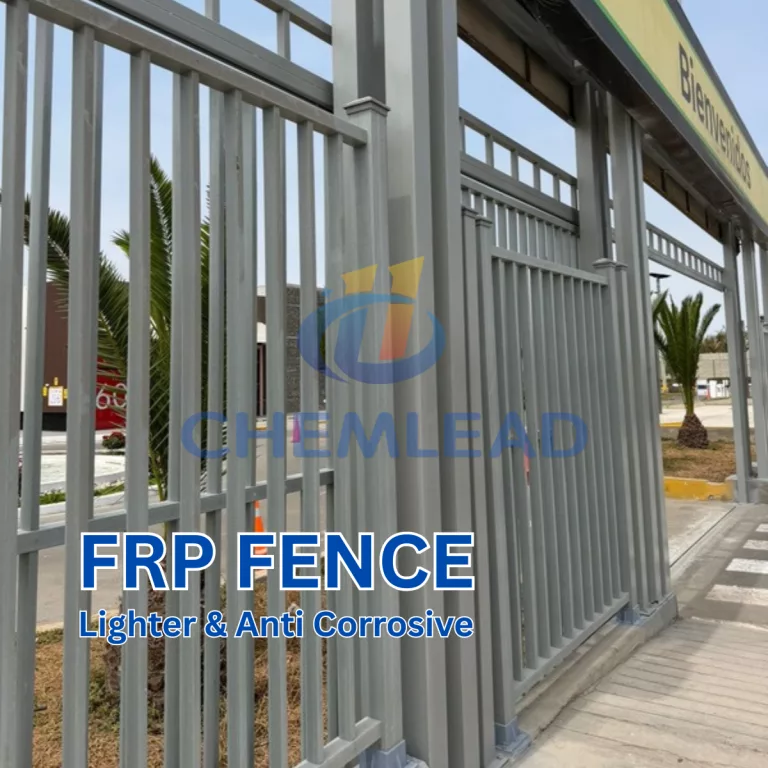+8613776545860

Coastal regions face unique challenges when it comes to infrastructure durability, particularly in the face of relentless waves, corrosive saltwater, and unpredictable weather patterns. Seawalls and waterfront structures are critical for protecting coastal communities, but they must withstand harsh marine environments over the long term. Enter fiberglass rebar – an innovative reinforcement solution that offers exceptional durability, corrosion resistance, and longevity, making it an ideal choice for enhancing the resilience of coastal infrastructure.
1. Corrosion Resistance:
Seawater is notorious for its corrosive effects on traditional steel reinforcement, leading to premature degradation and structural weakening. Fiberglass rebar, however, is impervious to corrosion, making it a superior choice for seawalls and waterfront structures. Its resistance to saltwater ensures that these critical coastal defenses remain strong and intact, even in the harshest marine environments, thereby extending their lifespan and reducing maintenance costs.
2. Lightweight Design:
In coastal construction projects, ease of handling and installation are paramount, especially when dealing with large-scale seawalls and waterfront structures. Fiberglass rebar’s lightweight design makes it significantly easier to transport, maneuver, and install compared to heavy steel reinforcement. This not only streamlines the construction process but also minimizes labor requirements and associated costs, making fiberglass rebar a practical choice for coastal projects.
3. Non-Conductive Properties:
Many waterfront structures, such as marinas and docks, feature electrical equipment and infrastructure. Traditional steel reinforcement poses a risk of electrical conductivity, potentially compromising safety. Fiberglass rebar’s non-conductive properties eliminate this risk, ensuring the integrity of electrical systems and providing peace of mind for designers, engineers, and stakeholders involved in coastal construction projects.
4. Long-Term Durability:
Coastal infrastructure must withstand the relentless forces of nature over extended periods. Fiberglass rebar’s exceptional durability and resistance to environmental degradation make it an ideal reinforcement solution for seawalls and waterfront structures. By minimizing the effects of corrosion, weathering, and saltwater exposure, fiberglass rebar helps preserve the structural integrity of coastal defenses, ensuring they remain effective in protecting communities and property along the shoreline.
5. Environmental Sustainability:
As coastal development continues to expand, environmental sustainability becomes increasingly important. Fiberglass rebar offers environmental benefits, including its use of recycled materials in manufacturing and its long service life, which reduces the need for frequent replacements and associated carbon emissions. By choosing fiberglass rebar for seawalls and waterfront structures, stakeholders can contribute to coastal resilience while minimizing their environmental footprint.
Fiberglass rebar represents a game-changing solution for enhancing the resilience and longevity of seawalls and waterfront structures in coastal areas. Its corrosion resistance, lightweight design, non-conductive properties, long-term durability, and environmental sustainability make it a preferred choice for engineers, designers, and stakeholders seeking to protect coastal communities and infrastructure against the forces of nature. As coastal development continues to evolve, fiberglass rebar will play a vital role in ensuring the safety, security, and sustainability of coastal environments worldwide.




 Get Free Quote Now! Don’t Hesitate!
Get Free Quote Now! Don’t Hesitate!